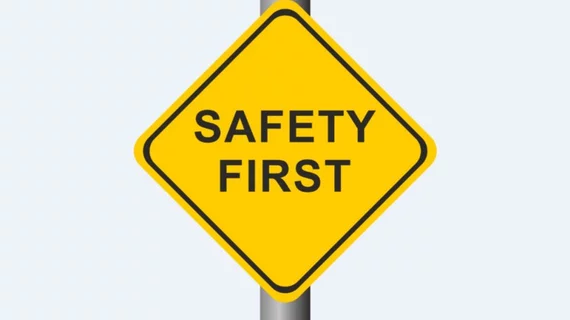FDA reminds PET imaging providers about proper generator use
Citing “recent incidents” that exposed patients to unnecessary radiation, the FDA has issued a reminder to imaging providers about the proper operation of rubidium-82 (Rb-82) generators used during PET imaging examinations.
The systems used to capture these scans, the FDA explained, need additive-free 0.9% sodium chloride injection USP—but users have been using the wrong solutions, including some that include calcium.
“The calcium in the solution interacts with radioactive strontium 82 and strontium 85 in the generator’s structure,” according to the document. “These radioisotopes of strontium then ‘break through’ into the rubidium injection administered to patients. The strontium isotopes can deposit high levels of radioactivity in organs including the bone, which can lead to suppressed bone marrow function and suppression of the immune system. Additional long-term risks could include radiation-induced cancers.”
If the incorrect solution is ever used with a Rb-82 generator, users are advised to “permanently discontinue” the use of the generator. And if a patient is ever administered an injection prepared with the wrong solution, that patient should be closely monitored.
Patients should still undergo these examinations as needed, the agency noted, but new warnings are being introduced to improve the systems’ labeling.
“FDA takes drug safety issues very seriously and will continue to work with the manufacturers to mitigate errors associated with the use of rubidium 82 generators,” according to the document.

